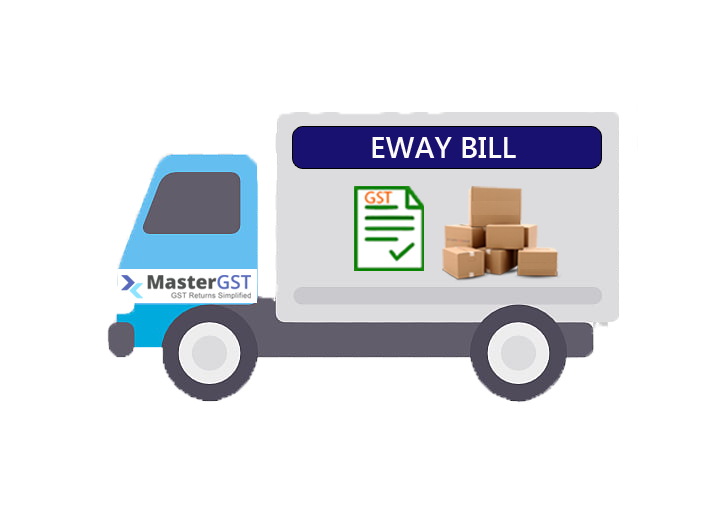Category: Goods and service tax
Navigating GST in Work Contracts: A Comprehensive Guide
In the complex landscape of taxation, the Goods and Services Tax (GST) stands out as a pivotal framework that governs various transactions, including those within work contracts. As businesses engage in diverse projects and collaborations, understanding the nuances of GST becomes paramount to ensure compliance and avoid penalties. In this blog post, we delve into the essentials of GST concerning work contracts, covering its applicability, rates, Input Tax Credit (ITC), exceptions, and penalties for non-compliance.
1. Applicability of GST in Work Contracts:
- Under the GST regime in India, work contracts are considered as a supply of services.
- The provisions of GST apply to all entities engaged in providing services through work contracts, including construction, consulting, and maintenance services.
2. Statutory Sections Governing Work Contracts under GST:
- Section 2(119) of the CGST Act, 2017 defines "works contract" as a contract for building, construction, fabrication, completion, erection, installation, fitting out, improvement, modification, repair, maintenance, renovation, alteration, or commissioning of any immovable property.
- Section 12(3) of the CGST Act, 2017 specifies that the place of supply of services involving immovable property shall be the location of the immovable property.
- Section 9 of the CGST Act, 2017 mandates the levy and collection of GST on all intra-state and inter-state supplies of goods or services.
3. GST Rates for Work Contracts:
- The GST rates for work contracts vary based on the nature of the service provided.
- For instance, construction services are taxed at different rates based on the type of property and whether they are affordable housing projects or not.
- Consultancy and other services within work contracts are typically taxed at a standard GST rate of 18%.
4. Input Tax Credit (ITC) in Work Contracts:
- Businesses engaged in providing work contracts can claim Input Tax Credit on goods and services used in the execution of such contracts.
- However, ITC cannot be claimed on goods and services used for activities that are exempt from GST or for non-business purposes.
5. Exceptions and Special Provisions:
- Certain services within work contracts may be exempted from GST, such as services provided by way of pure labour contracts for construction of residential complexes.
- Additionally, composite supply of works contracts involving both goods and services may follow special provisions for valuation and tax treatment under GST.
6. Penalties for Non-Compliance:
- Failure to comply with GST regulations in work contracts can lead to penalties and legal consequences.
- Penalties may include fines, interest on late payments, and prosecution under the provisions of the CGST Act, 2017.
- It's crucial for businesses to maintain accurate records, timely file returns, and adhere to GST provisions to avoid penalties.
Recent AAR Order on GST Registration for Interstate Work Contracts:
The AAR order clarifies that a separate GST registration is not mandatory for executing a contract in another state, provided the entity holds a valid GST registration. However, if the entity intends to establish a fixed establishment at the project site in the other state, a separate GST registration becomes necessary.According to the order, M/s T & D Electricals, a registered entity under the GST Act, 2017, operates as a contractor and wholesale supplier in Jaipur, Rajasthan. The entity secured a contract from M/s Shree Cement Limited, Rajasthan, for electrical, instrumentation, and IT services at the Karnataka Cement Project township, a unit of Shree Cement Ltd.
In this scenario, M/s T & D Electricals plans to supply goods and/or services from their principal place of business in Jaipur, Rajasthan. They have a single registered principal place of business and no other fixed establishment, as explicitly stated by the applicant.
Key Takeaways and Implications for Work Contracts:
Simplified Interstate Operations: The order provides clarity on the GST registration requirements for executing work contracts across state boundaries. Businesses with a single registered principal place of business can seamlessly undertake contracts in other states without the need for additional GST registrations, simplifying interstate operations.
Importance of Fixed Establishment: While a separate GST registration may not be mandatory for interstate contracts, establishing a fixed establishment at the project site triggers the requirement for a separate registration. Businesses need to assess their operational needs and regulatory obligations before establishing fixed establishments in other states.
Compliance and Documentation: Adhering to GST regulations and maintaining accurate documentation are paramount to avoid penalties and ensure smooth operations. Businesses must meticulously document their operational structure, supply chains, and contractual arrangements to demonstrate compliance with GST provisions.
In conclusion, the recent AAR order provides clarity on GST registration requirements for interstate work contracts, offering valuable insights for businesses operating in diverse geographical locations. By understanding and aligning with regulatory frameworks, businesses can navigate the complexities of GST in work contracts effectively, fostering compliance and operational efficiency.









